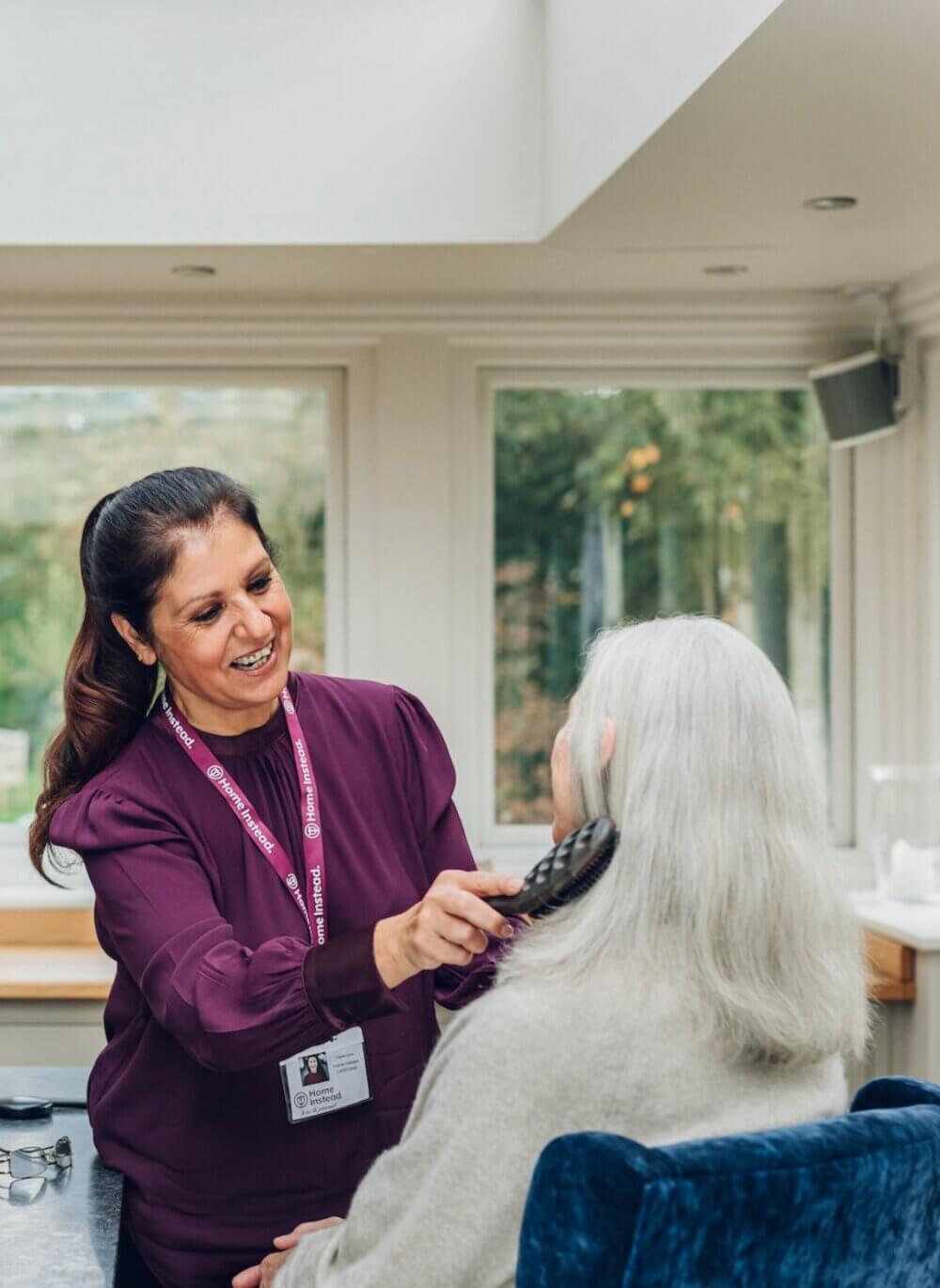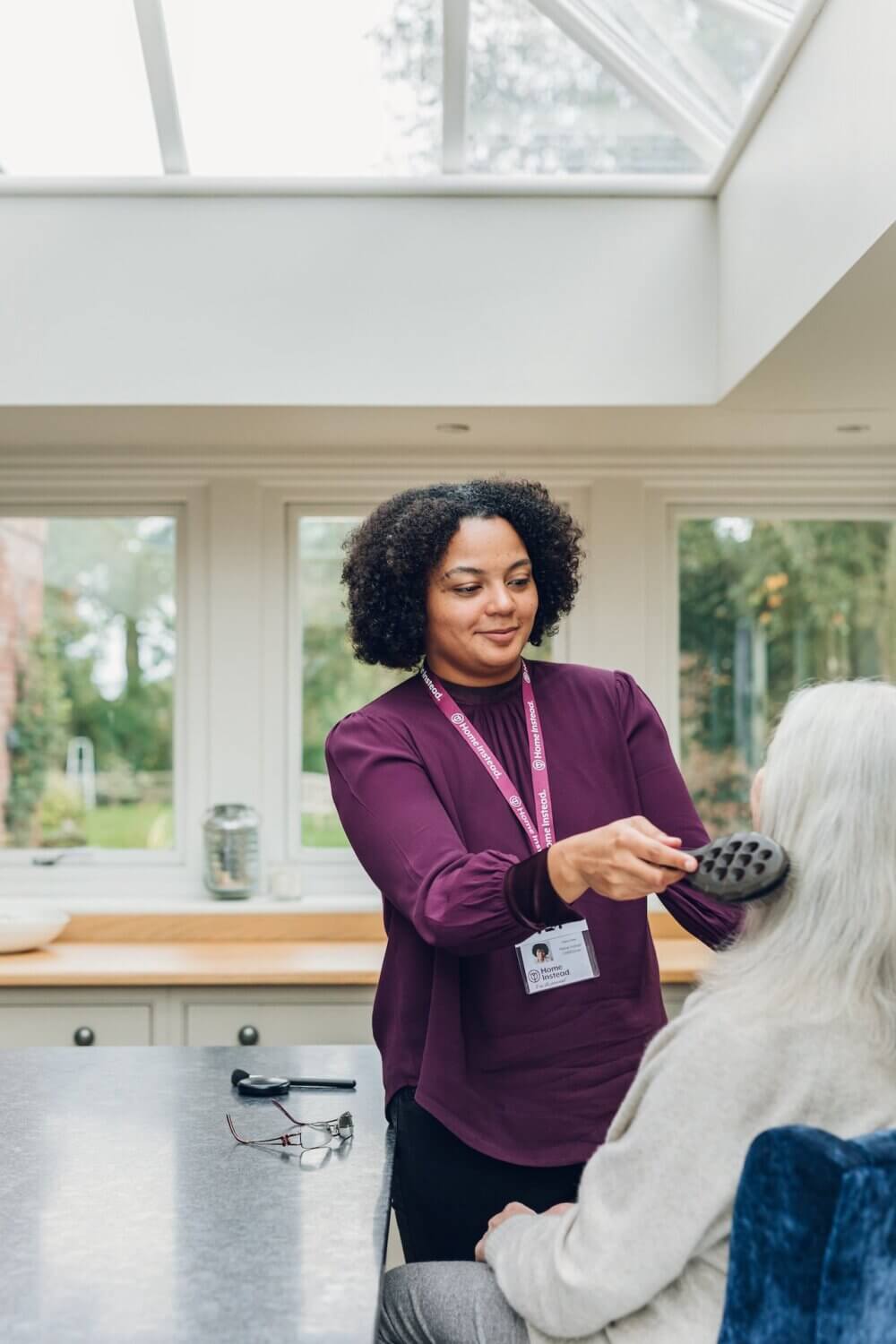Home care in Redbridge & Walthamstow
Home Instead Redbridge is an award-winning home care company that offers the best in-home care services. We are proud to provide expert home care to Redbridge, Walthamstow, and the surrounding areas.
Helping you stay living comfortably With Home Care
With round-the-clock support from the Home Instead Redbridge & Walthamstow, our dedicated team of Care Professionals provide a range of in-home care services across the area.

Award-winning service you can rely on


Care Services
Care isn't always an easy topic. We will help you make an informed, compassionate choice for your loved one.

313 Billet Road,
Walthamstow,
E17 5PX
Areas and postcodes we cover
Our office provides care for people at home in the following areas.
Barkingside, Fairlop, Chadwell Heath, Hainault, Redbridge, Ilford, Walthamstow, South Woodford, Woodford, Woodford Green
If your town doesn't appear above please check the postcodes below to see if we cover your area.
IG6 3, IG1 1, IG5 0, IG4 5, IG1 3, IG8 7, IG8 8, IG1 4, RM6 5, IG8 0, IG6 1, RM6 4, E18 2, E18 1, IG7 5, IG8 9, IG3 8, IG1 2, IG3 9, IG7 4, E17 5, E17 4, IG6 2, IG2 6, IG2 7, E17 3, E17 6
Local advice & support

What Makes a Perfect Summer’s Day for Older Adults in Redbridge and Walthamstow?
Discover more

Where Can You Go Outdoors in Redbridge & Walthamstow with Wheelchair Access?
Discover more

How Do You Support Someone With Dementia Without Losing Yourself in the Process?
Discover more

Preventing Hospital Readmissions with Home Care in Redbridge & Walthamstow
Discover more

Local Companionship Groups for the Elderly in Redbridge and Walthamstow
Discover more

How Can We Help Our Elderly Loved Ones Stay Active and Warm This Winter?
Discover more
Get in touch today to
see how we can help
Become a Care Professional today


























